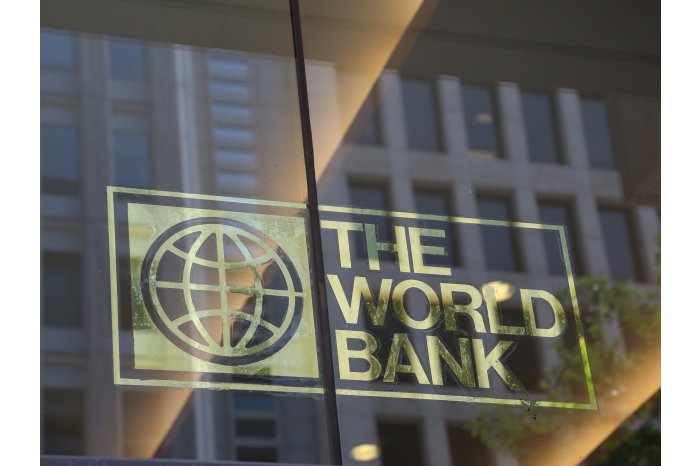World Bank forecasts 2.8 per cent increase of Moldovan economy in 2017
16:26 | 12.01.2017 Category: Economic
Chisinau, 12 January /MOLDPRES/ – The economy of Moldova will grow by 2.8 per cent in 2017, 3.3 per cent in 2018 and 3.7 per cent in 2019, based upon estimates of the World Bank’s (WB) report related to Global Economic Prospects.
The prospects for 2017 – 2019 are above average for the region. World Bank predicts for Europe and Central Asia region, which includes the Republic of Moldova, economic growth averaged to 2.4 per cent in 2017, 2.8 per cent in 2018 and 2.9 per cent in 2019.
For 2016, the international financial institution forecasted economic growth for Moldova by 2.2 per cent, up with 1.7 percentage points compared to the estimate made in June 2015. On the other hand, estimates for further years were revised to get lower by 1.2 percentage points.
The World Bank experts noted that the economic advance in 2016 was supported, partially, by an easier re-launch registered in the Russian Federation and Ukraine, which is closely related to Moldovan economy. Similarly, the report notes that it could have a negative effect by reducing the flow of remittances and lower exports demand. The budget for 2017 was built on an economic growth of 3.0 per cent, an inflation rate of 4.4 per cent and an exchange rate of about 20.00 lei per dollar.
According to WB’s report, the Russian economy will grow by 1.5 and 1.7 per cent during 2017 and 2018, Ukrainian – by 2.0 and 3.0 per cent, while Romania will register an advance of 3.7 and 3.4 per cent.
"The baseline scenario foresees a modest recovery of major trading partners, including Russia, improving consumer and investor confidence and a formal program of the International Monetary Fund (IMF) and funding from development partners. With a debt to Gross Domestic Product (GDP) of up to 50 per cent of GDP, the fiscal deficit will gradually reach to 2.5 per cent of GDP to ensure fiscal sustainability. The current account deficit will likely remain below the historical average. With the accelerating growth rhythm, it is expected to reduce the poverty rate up to 37.1 per cent in 2017, while it could decrease to 33 per cent in 2018", says the World Bank's latest economic update made in the middle of October 2016.
(Reporter V. Bercu, editor A. Raileanu)

